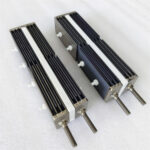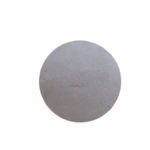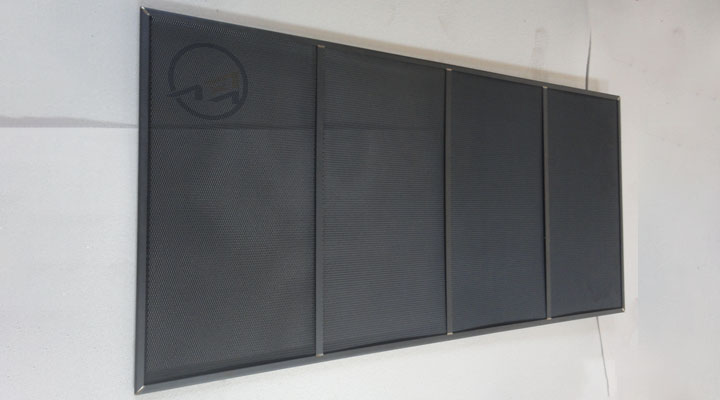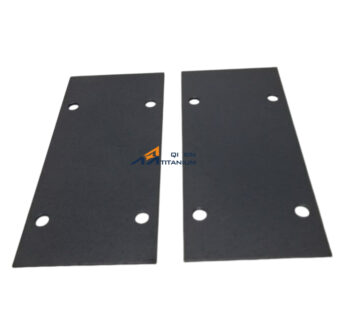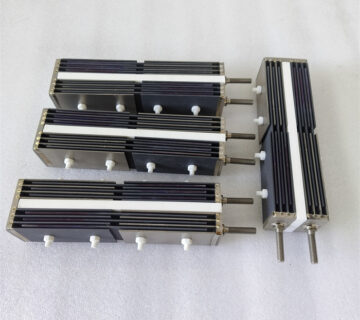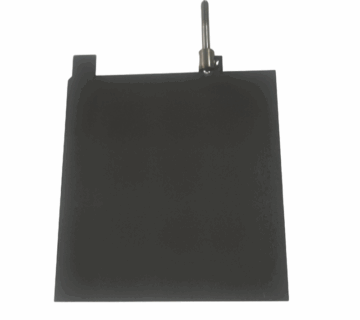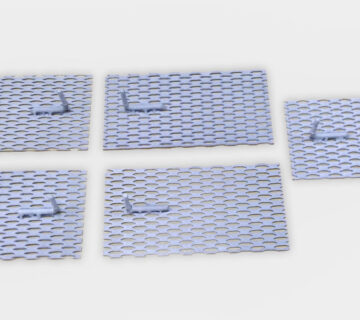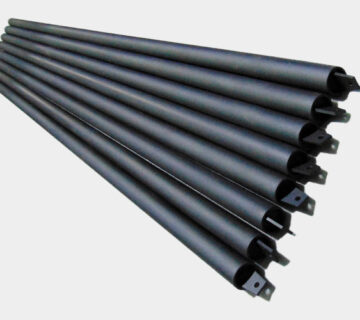Coated itanium anode, widely used in various electrochemical processes, have gained significant popularity due to their exceptional performance, durability, and cost-effectiveness.
The coating on titanium anodes plays a crucial role in enhancing their efficiency and longevity.
This article aims to provide an overview of coated titanium anodes, their applications, and the benefits they offer.
What are Coated Titanium Anodes?
Coated titanium anodes are electrodes made of titanium substrate, which is coated with a layer of electroactive material. The most commonly used coating materials include precious metals such as platinum, iridium, and ruthenium, as well as non-precious metals like nickel, tin, and their alloys. These coatings serve as the active electrocatalytic surface, enabling the anode to perform its intended function in various electrochemical processes.
Advantages of Coated Titanium Anode
- Corrosion Resistance
Titanium, the substrate material, possesses excellent corrosion resistance, making it suitable for use in harsh environments. The coated layer further enhances the anode’s resistance to chemical corrosion, ensuring a longer lifespan and reducing maintenance costs. - High Electrical Conductivity
The coating on titanium anodes provides excellent electrical conductivity, allowing for efficient electron transfer during electrochemical reactions. This results in improved process performance and reduced energy consumption. - Long Service Life
Thanks to the combination of titanium’s strength and the coating’s durability, coated titanium anodes offer a long service life. This reduces the frequency of electrode replacement, leading to lower operating costs and less downtime. - Wide Range of Applications
Coated titanium anodes find applications in numerous industries, including electroplating, water treatment, metal finishing, and chlorine production. The versatility of these anodes makes them suitable for a wide range of electrochemical processes.
Applications of Coated Titanium Anode
- Electroplating
Coated titanium anode are widely used in electroplating processes for depositing various metals, such as copper, nickel, and gold, onto substrates. The anode high efficiency and durability ensure consistent plating quality and reduced production costs. - Water Treatment
In the field of water treatment, coated titanium anodes are employed in processes like electrocoagulation, electroflocculation, and electrolysis. These anode help in removing impurities, disinfecting water, and reducing chemical oxygen demand (COD). - Metal Finishing
Coated titanium anode are used in metal finishing processes, including anodizing and electrolytic polishing, to enhance the surface quality and corrosion resistance of metal products. - Chlorine Production
In the chlor-alkali industry, coated titanium anode are utilized for the production of chlorine and sodium hydroxide through the electrolysis of sodium chloride solution.
The anode high efficiency and durability contribute to the industry’s sustainable development.
Coated titanium anode are a reliable and efficient choice for a wide range of electrochemical processes. Their excellent performance, long service life, and cost-effectiveness make them an ideal electrode material for various industrial applications.
As the technology continues to advance, coated titanium anode are expected to play an even more significant role in the future of electrochemistry.
Who we are?
Qixin titanium Co.Ltd, is a leading manufacturer specializing in coated titanium anode. With an extensive historyand a wealth of expertise, we have been dedicated to providing high-quality products and solutions to variousindustries for many years.Our company was established 2006, and since then, we have accumulated 18 years of valuable manufacturingexperience. This experience has enabled us to master the art and science of producing top-notch coated titaniumanodes that meet the most stringent quality standards.We take pride in our state-of-the -art manufacturing facilities and a team of highly skilled professionals. Ourengineers and technicians are experts in the field, constantly researching and innovating to improve our productsand processes.
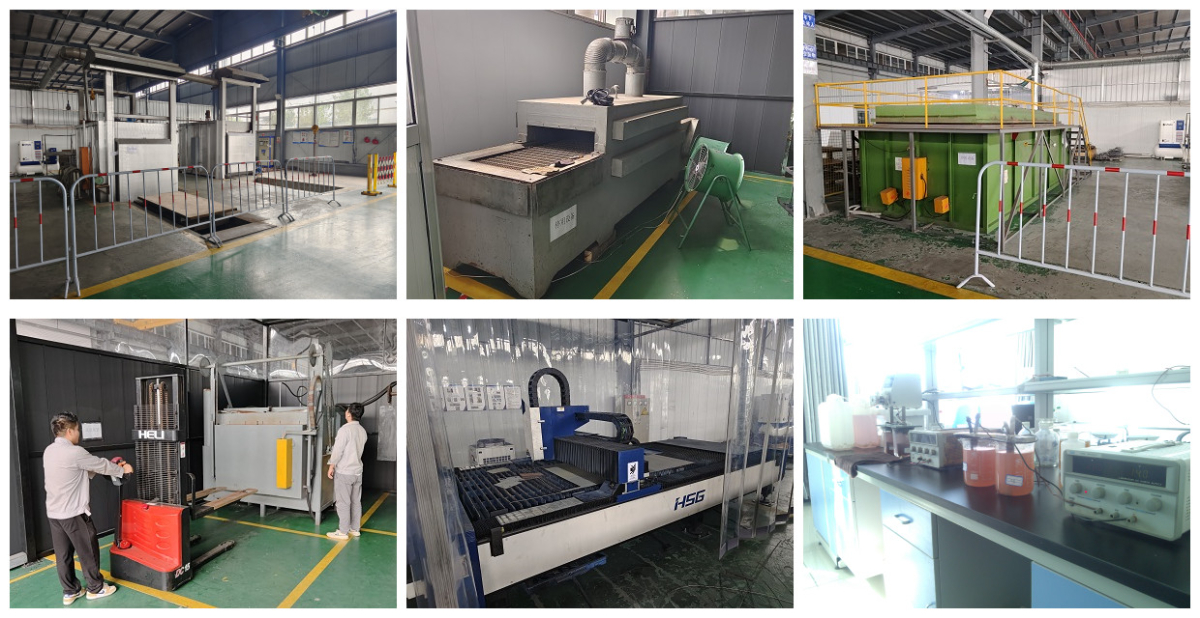
Production
Brush coating.
Specific operation as follows:
Firstly,making the coating solution according to the type and the area of the platinum electrode; secondly ,put the solution on the surface evenly, then put them into the drying furance for drying; thirdly,we need to oxidate in the high temperature oxidation furance;Lastly, dry it to room temperature. Then,repeat these steps until you run out the configuration solution.

Certification
Qixin is ISO 9001:2015 certified and own more than 10 patents. All its processes and procedures are documented and controlled in accordance with these standard. Qixin has strict product quality control procedure, from raw material to finished product, all the process is tested qualified to assure high quality product.
With technical engineers experienced for more than 18 years of constant research and production for titanium electrode and its application in various industries, Qixin can offer a very high level of technical support and products, which are among its most remarkable characteristics.
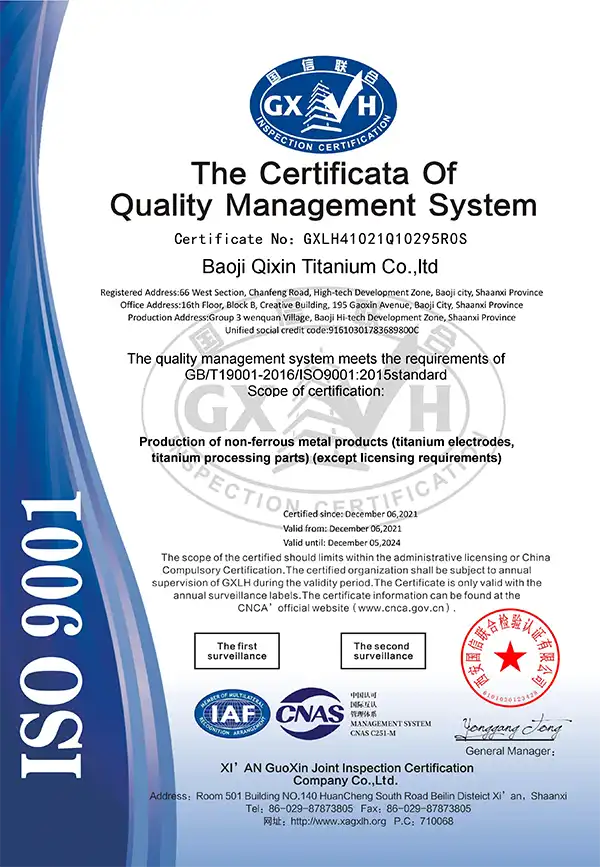
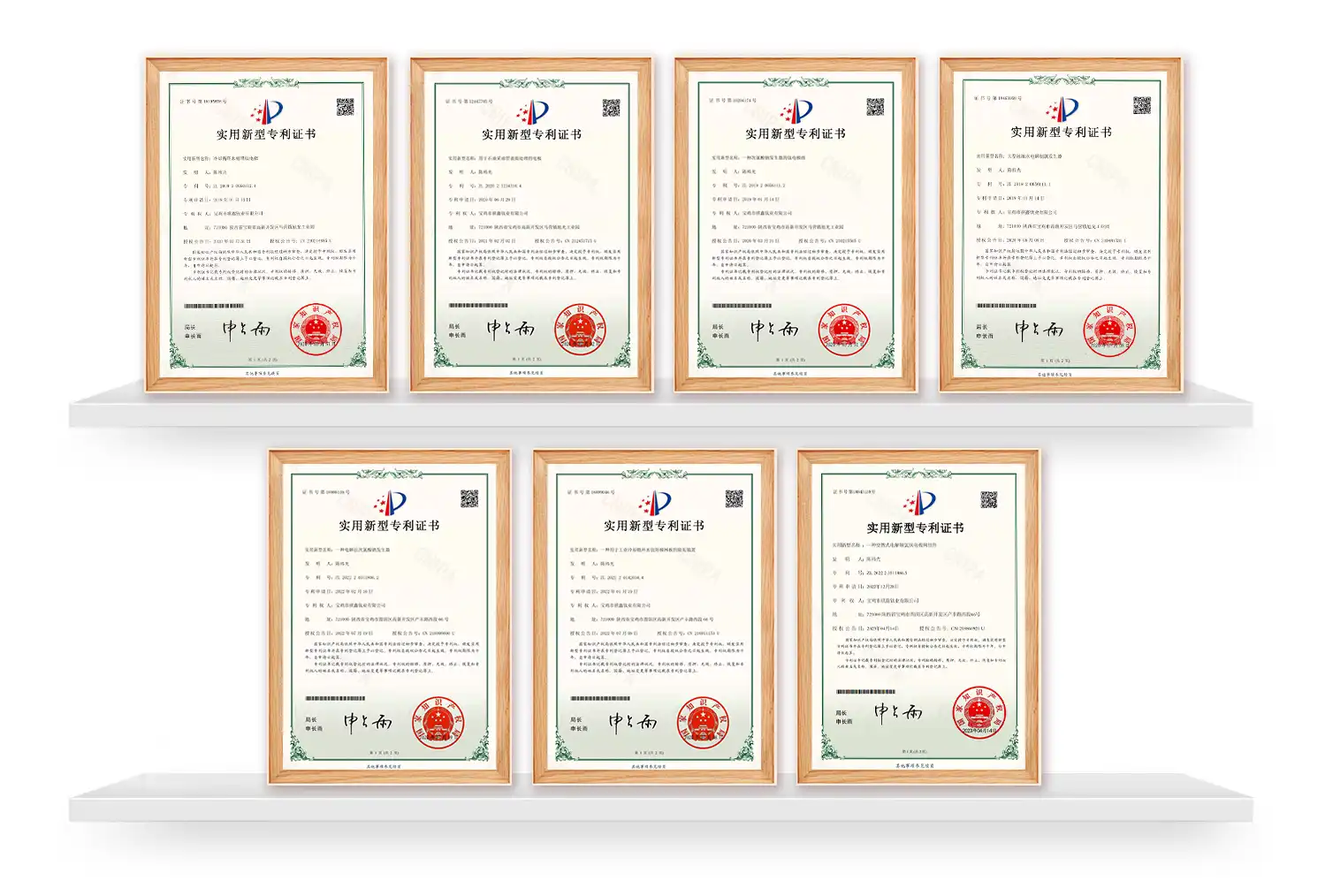
FAQ
1. How to ensure the product quality?
All products make 100% inspection before shipment also we can provide the MTC Material Test Certification.
2. Can you print our Logo on the products?
Sure, and we welcome the customerized products.
3.What about the payment terms?.
T/T, L/C, Paypal, Western Union, Escrew and MoneyGram etc are all accepted.
4.What is the necessary information for an inquiry?
Product name, specification, material grade and quantity.
5.Can we get a free sample before cargo production?
Sure.

